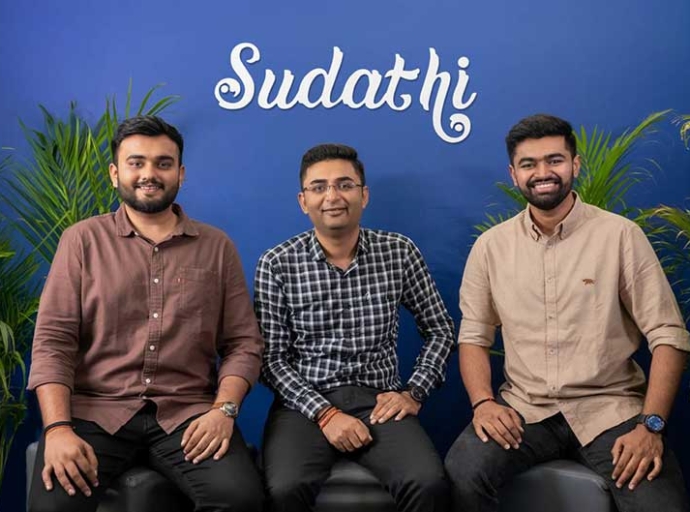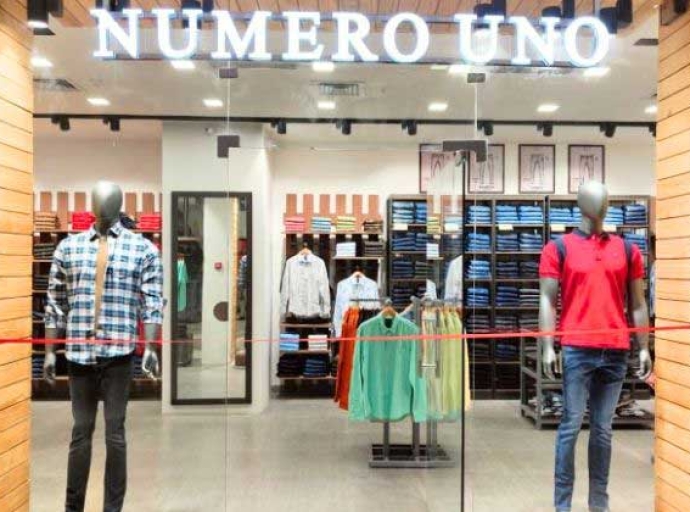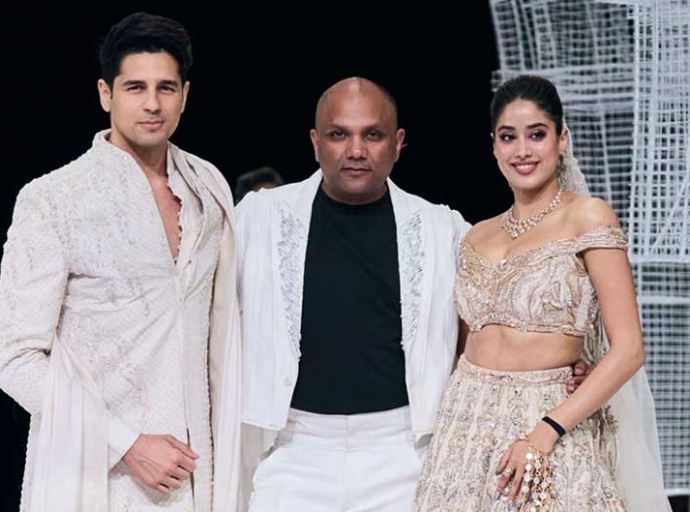Body positivity's impact on Indian fashion and apparel sizing

In a country where beauty standards have long been defined by narrow ideals, a revolution is quietly taking place. The body positivity movement, with its message of self-love and acceptance, is shaking up the Indian fashion industry, pushing brands and designers to rethink their approach to sizing and representation. One of the most tangible impacts of this movement is the evolution of size tables and metrics.
Breaking the mold
Traditionally, Indian fashion has catered to a limited range of body types, leaving many individuals feeling excluded and marginalized. However, the body positivity movement is challenging this status quo, empowering individuals to embrace their bodies, regardless of shape or size. "The body positivity movement has given people the confidence to demand more inclusive sizing and representation from brands," says Anita Dongre, Creative Director of House of Anita Dongre. "We are seeing a shift towards designs that celebrate all body types, rather than trying to fit everyone into a single mold."
The movement is challenging status quo, empowering individuals to embrace their bodies, regardless of shape or size. This has led to a shift in how brands approach sizing. "We've moved beyond the 'one-size-fits-all' mentality," says Ayesha Malhotra, Head of Design at Fabindia. "Our size charts now reflect a wider range of body shapes and sizes, ensuring that our customers find the perfect fit."
Brands redefine sizes
Several brands and designers in India are leading the charge for inclusivity. aLL, a plus-size fashion brand, has been a pioneer in this space, offering stylish and trendy clothing for individuals of all sizes. "We believe that everyone deserves to feel confident and beautiful," says Rashi Menda, Founder of aLL. "Our mission is to create clothing that celebrates all body types and empowers individuals to embrace their unique beauty." As per Shreya Kapur, Head of Design at aLL, they moved away from the standard size chart and introduced a wider range of sizes, from 2XL to 8XL. This allows them to cater to a more diverse customer base and ensure that everyone feels comfortable and confident in our clothing.
Another brand making waves is The Plus Size Store, which offers a wide range of clothing and accessories for plus-size individuals. "We want to break the stigma associated with plus-size fashion," says Tanvi Geetha Ravishankar, founder of The Plus Size Store. "Our goal is to create a space where everyone feels welcome and celebrated." The brand has invested in technology that allows them to create 3D body scans and develop patterns that cater to different body shapes. This ensures that their clothes fit well and flatter all body types.
Designers too are also playing a crucial role in promoting body positivity in the Indian fashion industry. Masaba Gupta, Founder & Creative Director of House of Masaba, is known for her bold and inclusive designs. "Fashion should be about expressing yourself, not conforming to societal norms," says Gupta. "I want my designs to empower people to feel confident and comfortable in their own skin, regardless of their size."
Inclusivity still a challenge
Indeed while the body positivity movement is gaining momentum in India, there are still challenges to overcome. Many brands and designers are hesitant to embrace inclusivity, fearing that it will alienate their traditional customer base or increase production costs. However, "The movement also presents a significant opportunity for brands and designers to tap into a growing market of consumers who are demanding more inclusive sizing and representation," states Manish Saksena, COO of Lifestyle International.
However, the movement is here to stay say stakeholders. And brands and designers who embrace inclusivity will be rewarded with a loyal customer base and a positive brand image.
Latest Publications

































